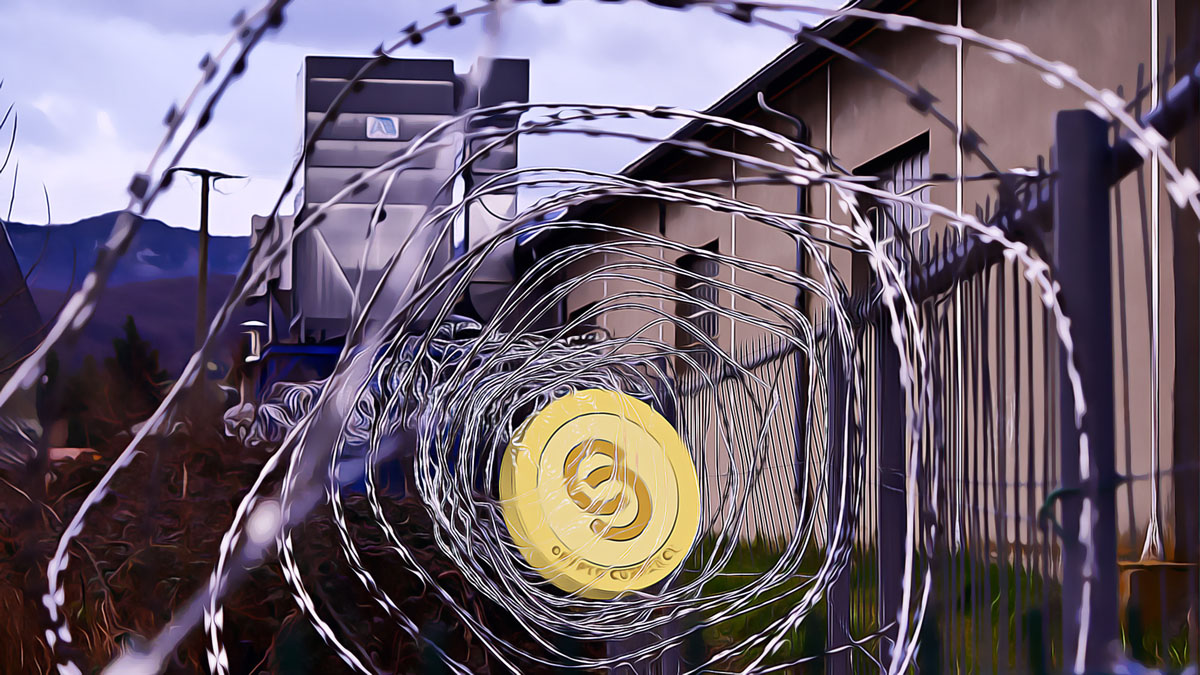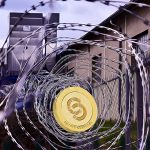Turkey’s ecosystem, with an estimated 5 million investors and over 14 billion TL in volume on local exchanges, plays a significant role in the global cryptocurrency landscape. The anticipated crypto regulation is crucial not only for Turkey but also for the international crypto community.
Investors are concerned about potential bans in the upcoming regulatory draft expected before January ends. However, reputed members of the ecosystem who have reportedly seen the draft claim it does not contain strict prohibitions.
Information obtained by Yücel Kayaoğlu from Türkiye Gazetesi reveals that the Ministry of Treasury and Finance’s final touches define cryptocurrencies as “intangible assets that can represent value or rights.” The draft also outlines definitions for crypto exchanges and custody service providers.
The regulation aims to address money laundering and meet the Financial Action Task Force (FATF) requirements. Exchange operation licenses will be issued by the Capital Markets Board (SPK), with a portion of exchange revenues shared with SPK. Exchanges that are financially weak will be required to cease operations, protecting investors from scenarios like the Thodex incident.
Exchanges taking risky steps could lead to authorities facing up to 20 years in prison. The Financial Crimes Investigation Board (MASAK) will have increased powers to seize accounts involved in crimes. The appointment of crypto-friendly Prof. Dr. Fatma Özkul to the Central Bank of the Republic of Turkey (TCMB) is seen as a positive step, and the full details of the draft are awaited, including tax regulations, which are not addressed at this stage and are expected to be tackled after the elections.












